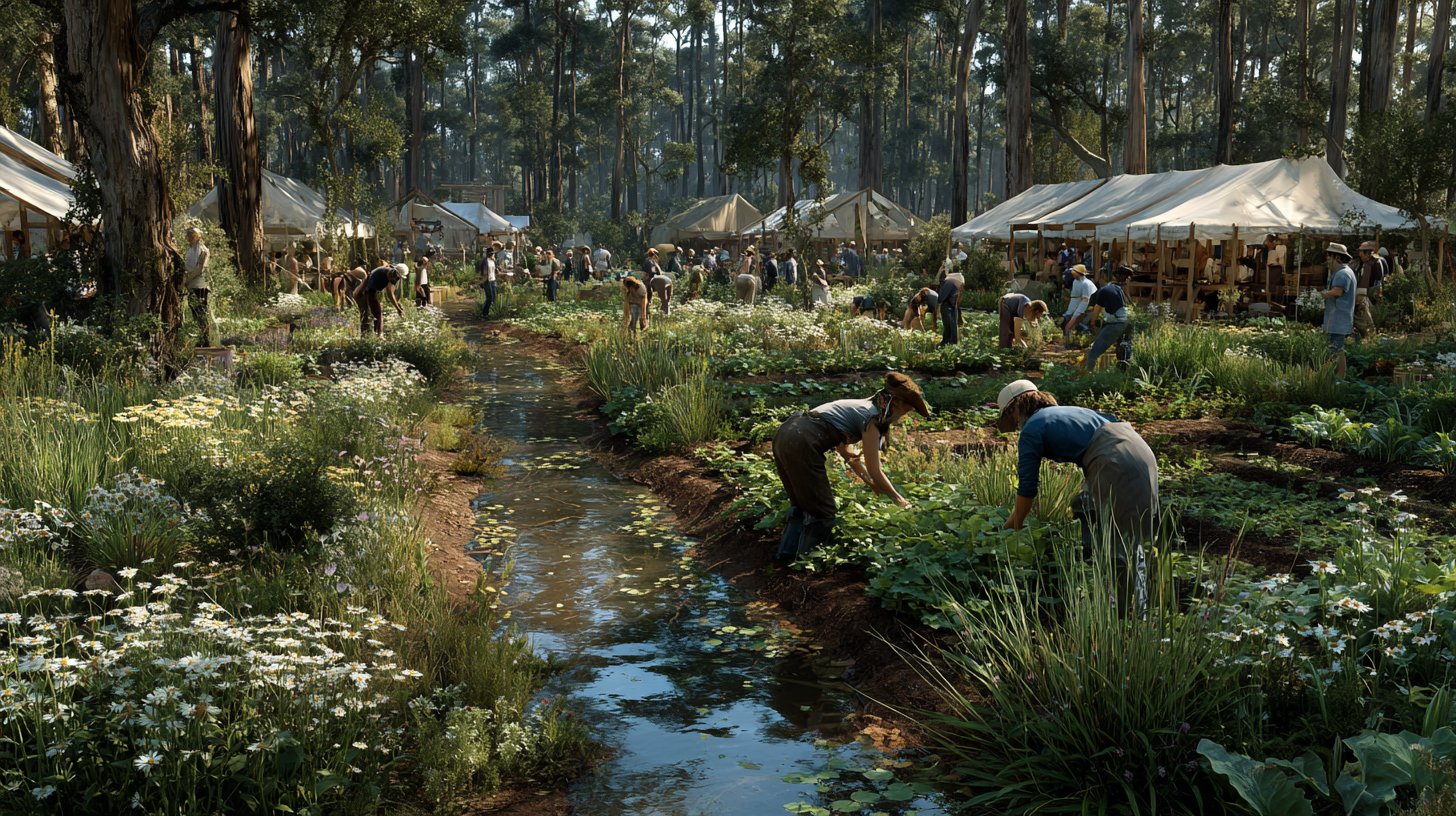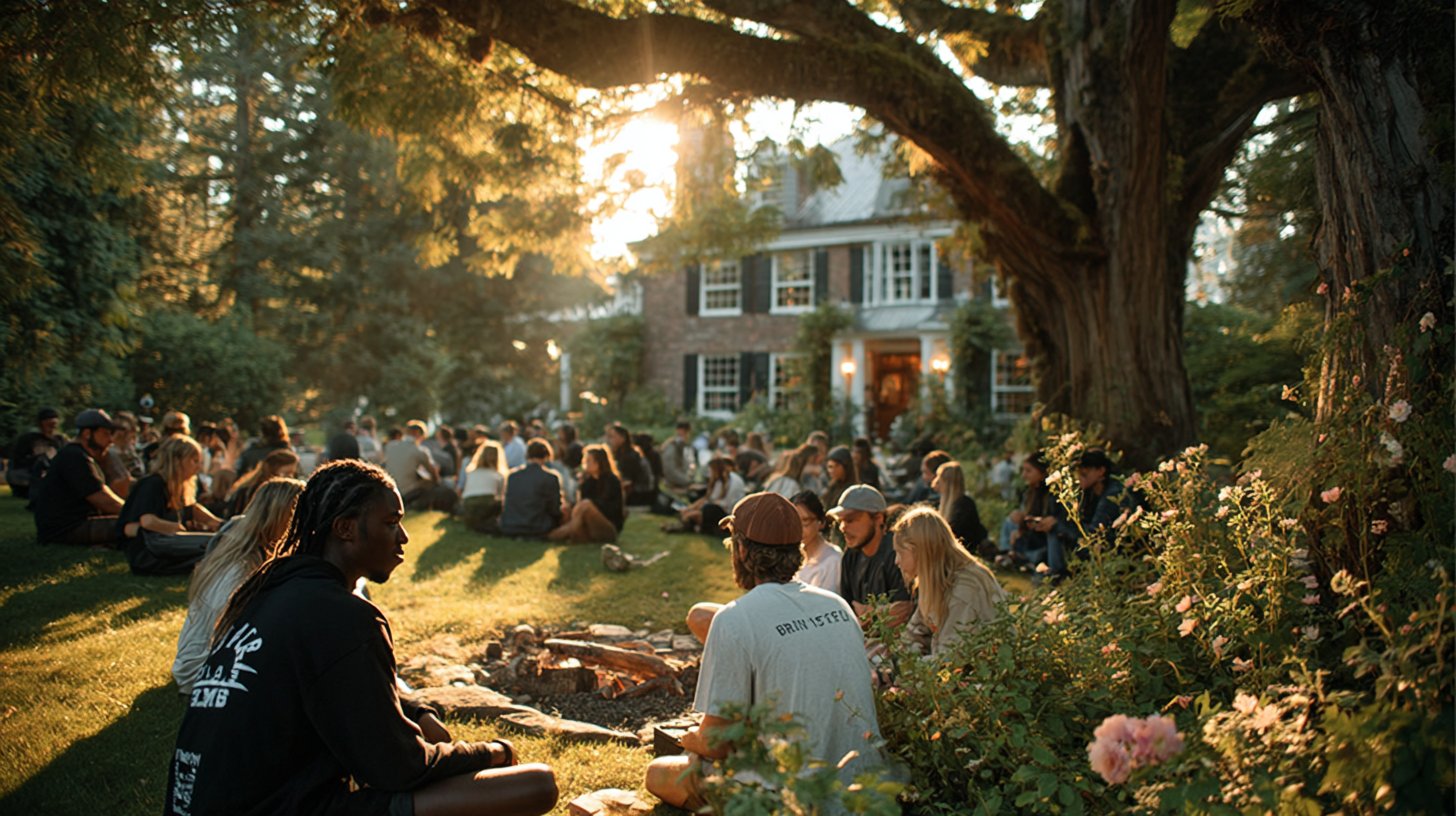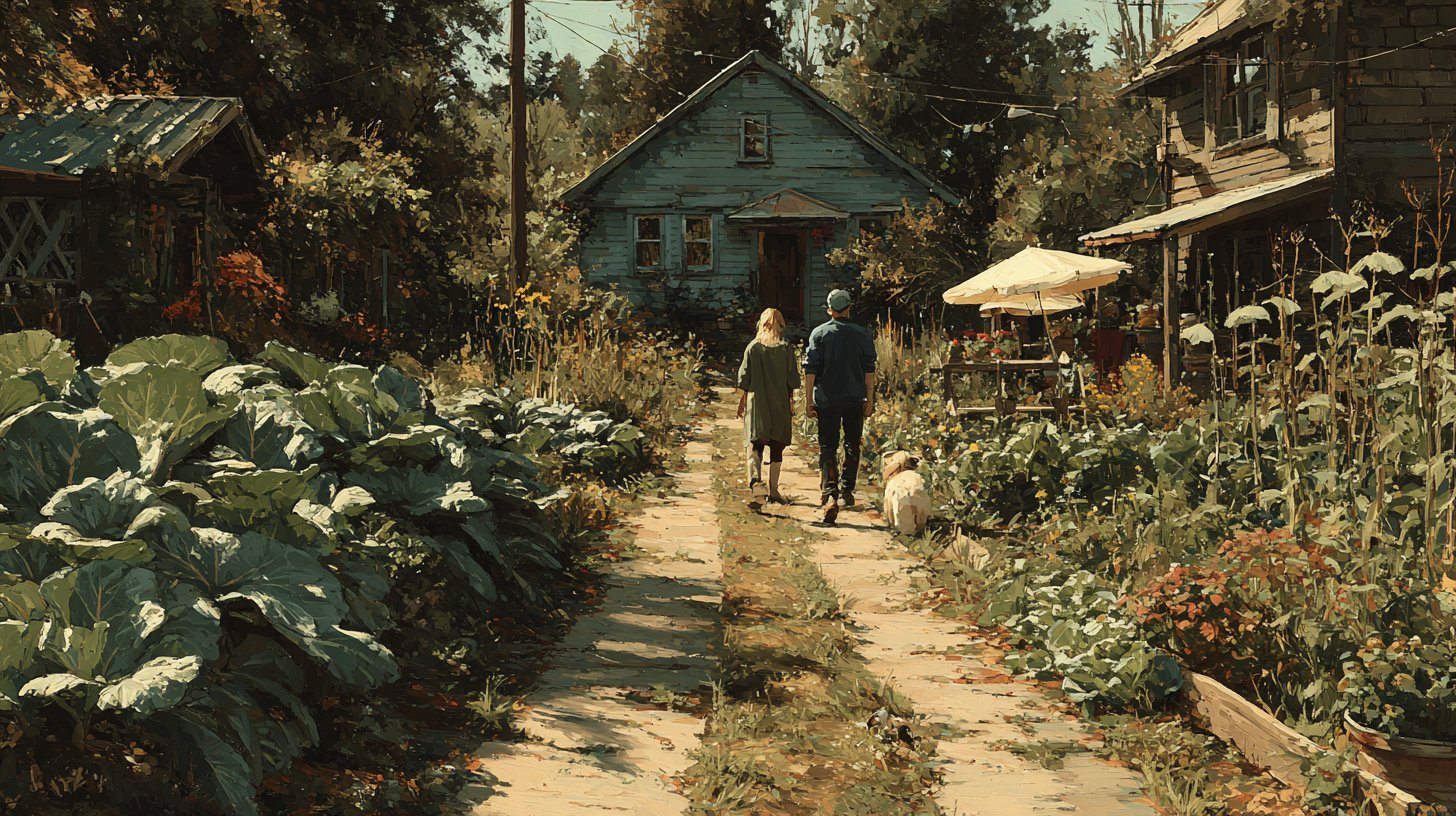Social gardens: A place of community

Community, nature, neighborhood. In our urban spaces, social gardens are becoming an increasingly important part of our way of life. These vibrant projects not only offer the opportunity to grow fresh vegetables but also promote interaction and understanding among people. Let us explore together how these gardens can enrich city life!
In a world often characterized by hustle and isolation, social gardens offer a retreat where neighbors come together to harvest something good from the earth. Here, young and old people meet to learn, share, and exchange their stories. A community garden is not just a place for cultivation; it is a place of togetherness. Everyone can participate, regardless of experience or knowledge. This openness encourages many to actively engage, thereby enhancing the sense of belonging and trust in the neighborhood.
Benefits of social gardens
The benefits of social gardens are manifold. One of the most apparent aspects is the promotion of sustainability. By growing their own fruits and vegetables, people not only learn about the origins of their food but also support environmentally friendly practices. Less transport time is needed, resulting in lower CO2 emissions. Moreover, the cultivation in these gardens often promotes regional plants that better harmonize with the climatic conditions in the respective region. This contributes to the preservation of biodiversity. Additionally, gardening promotes physical activity. By digging, planting, weeding, and harvesting, you burn calories while doing something good for your body.

Strengthening social interaction
Social gardens are also a wonderful example of intercultural exchange. People from various cultures and backgrounds come together to garden and contribute to an inclusive and respectful environment. Friendships often develop that extend beyond the garden, and various festivals and events are organized. Such gatherings not only foster closer neighborhood relationships but also strengthen the sense of community. One can cook together, organize market stalls, or simply sit together comfortably and enjoy the fruits of their labor. These positive experiences shape the feeling of life in a neighborhood and ensure that people feel comfortable.

Challenges and solutions
Although social gardens bring many advantages, there are also challenges. Often, resources such as space or financial means are limited. However, creative solutions can help. Fundraising activities, partnerships with local businesses, or even the use of unused spaces provide valuable alternatives. It is equally important to establish clear rules and structures to minimize conflicts and promote harmonious coexistence. Workshops on garden maintenance and regular meetings for planning and organization strengthen solidarity and help ensure a smooth execution of projects. With commitment and creativity, these challenges can be transformed into opportunities.

In today's time, social gardens are a valuable contribution to urban living spaces. They not only provide fresh food but also a platform for promoting social interaction, strengthening communities, and raising awareness of environmental and sustainability issues. If you don't know of a social garden near you, you should definitely look for one or perhaps even start one yourself. As part of this movement, you can help make this a rewarding experience not just for you, but for the entire neighborhood.
In summary, social gardens are far more than just a way to grow food. They create space for encounters, promote exchange, and help develop satisfying social structures. The future of urban communities depends on the ability to work together, share, and support each other. Grab your watering can and seeds and become part of this inspiring movement - for a colorful, livable neighborhood!


